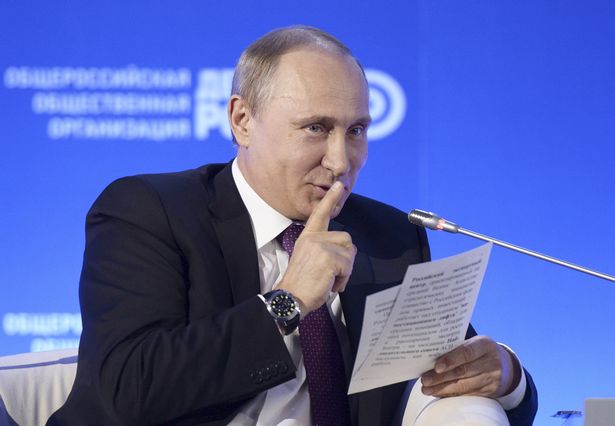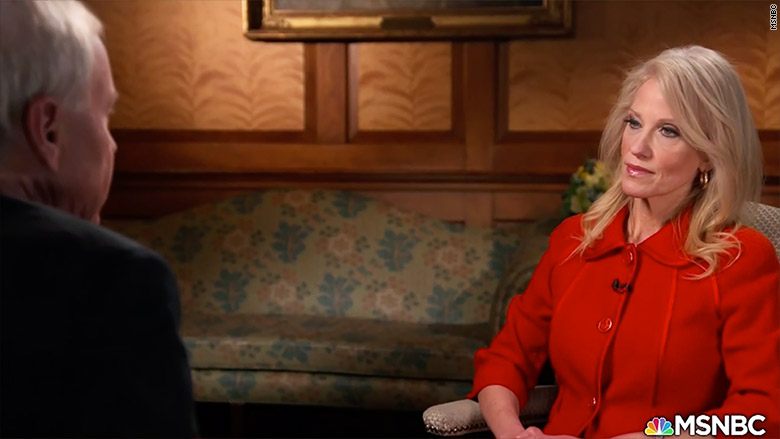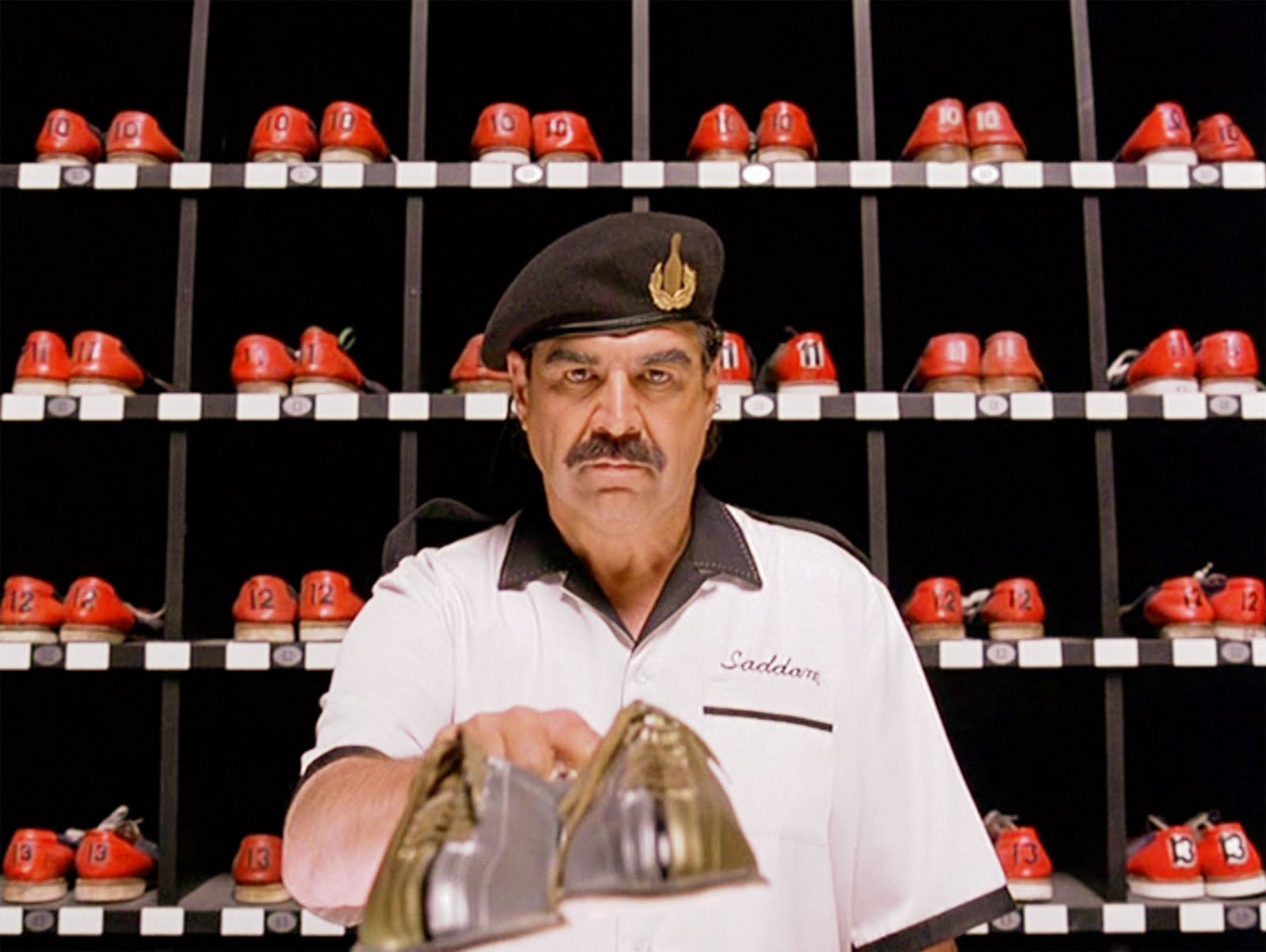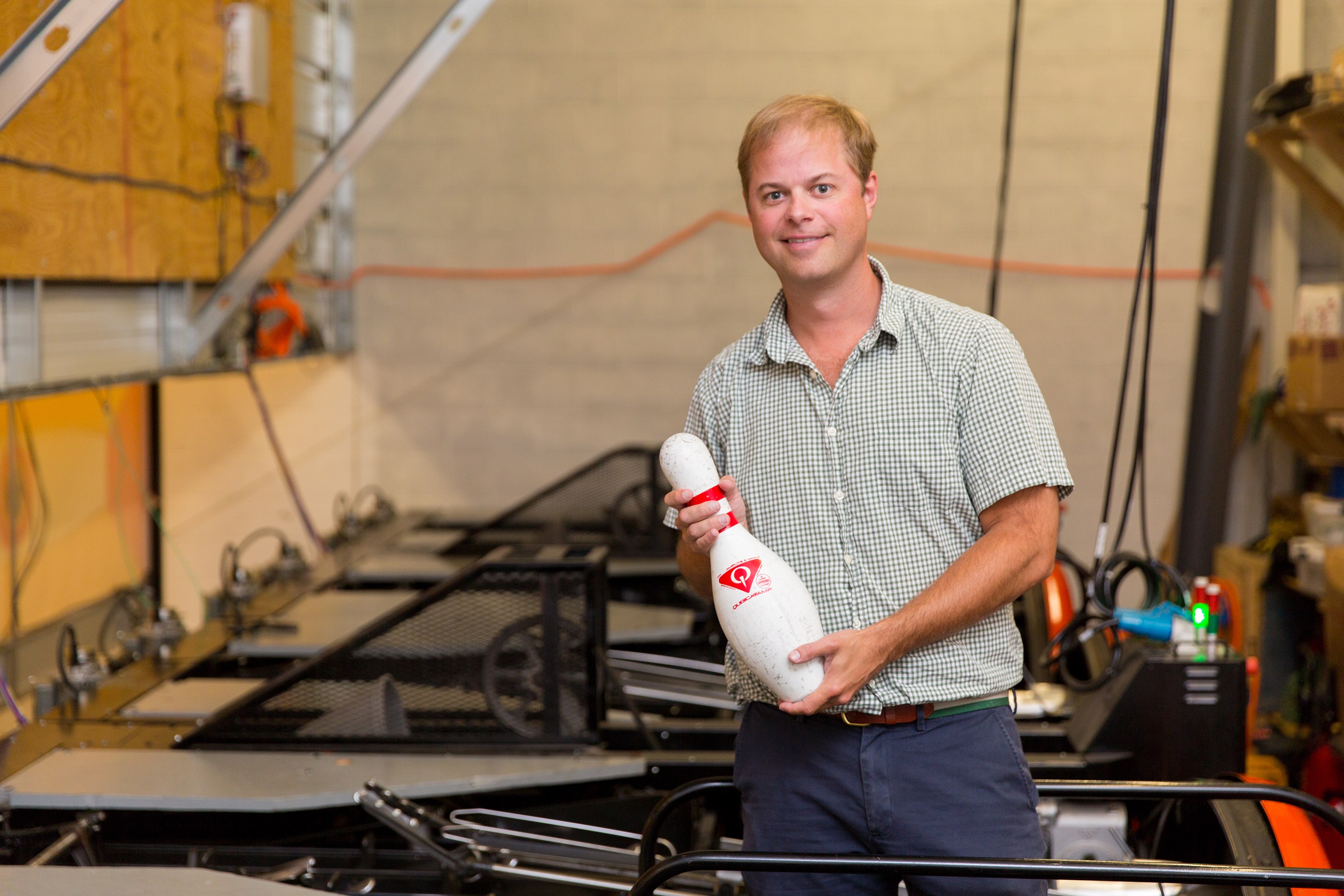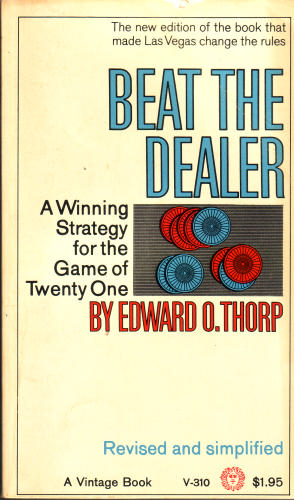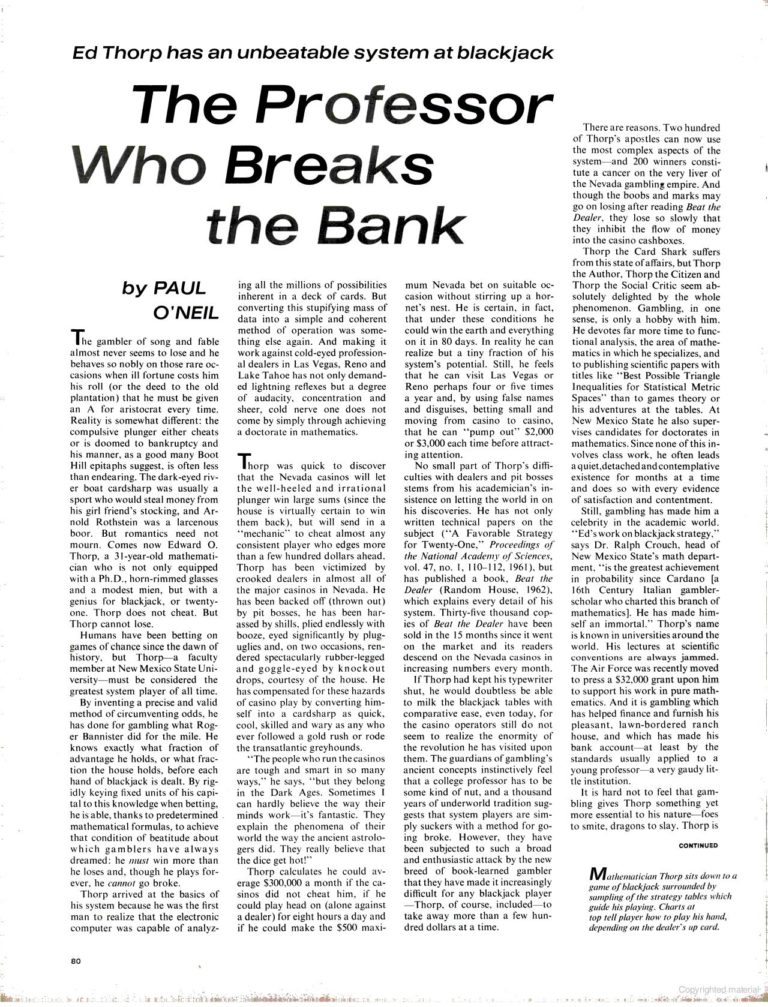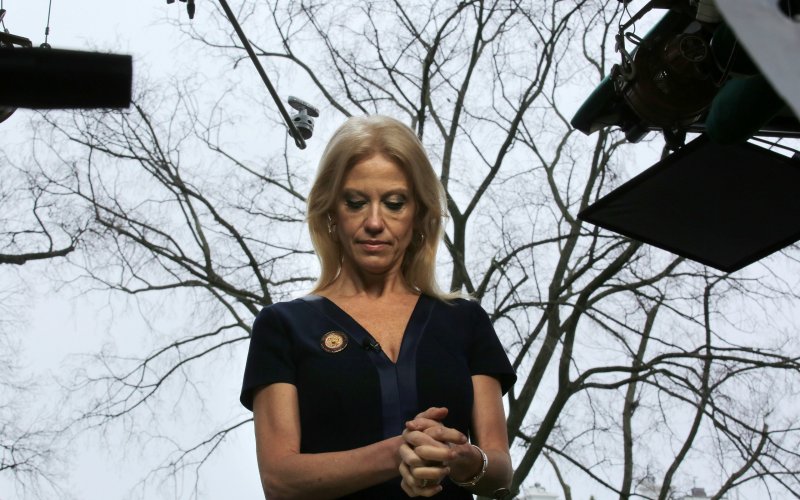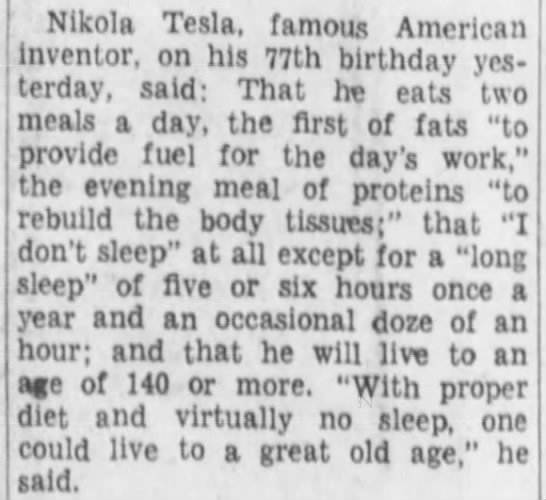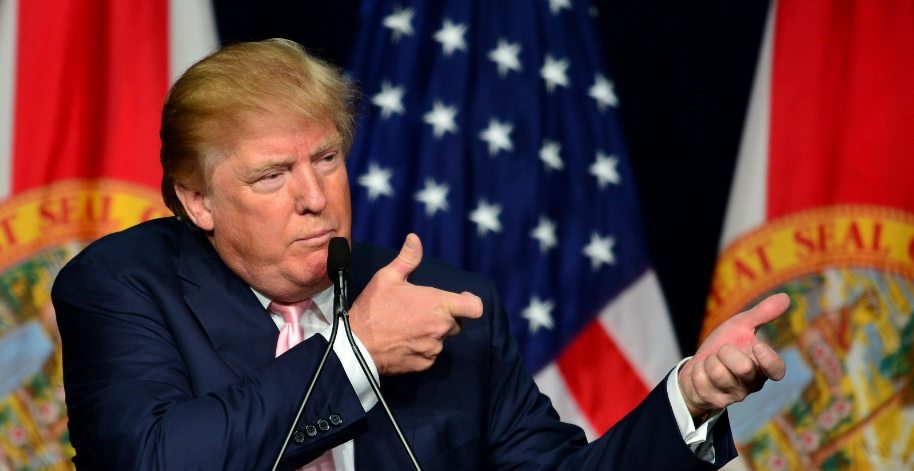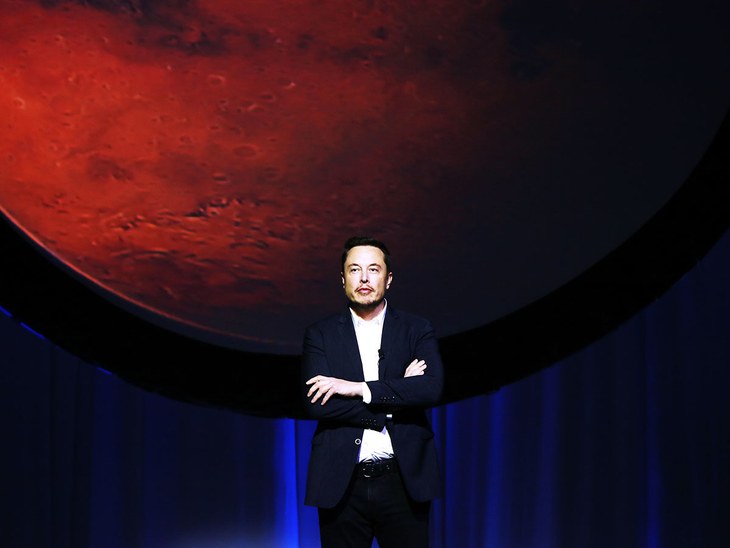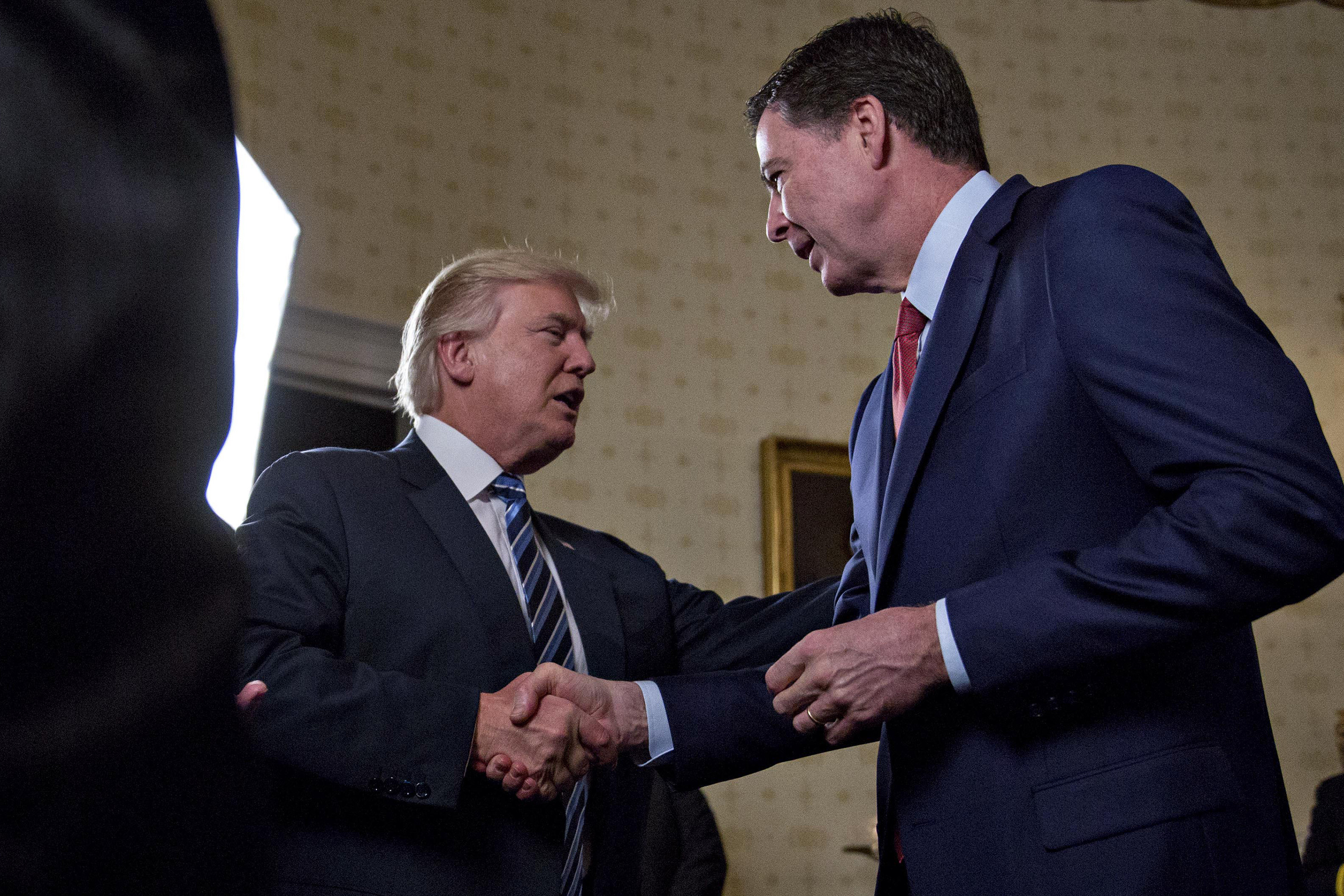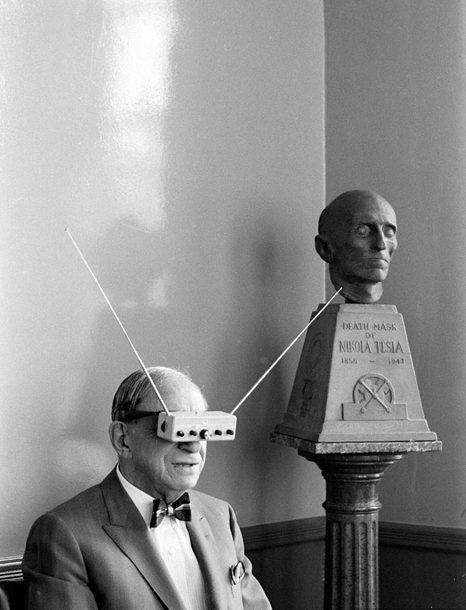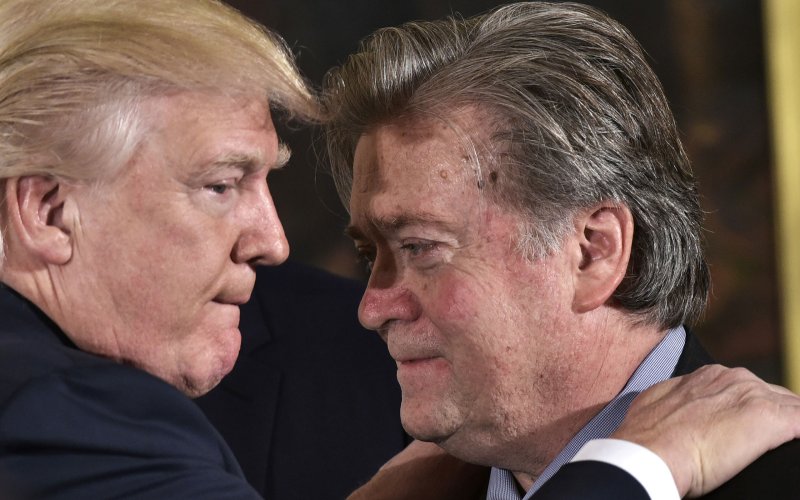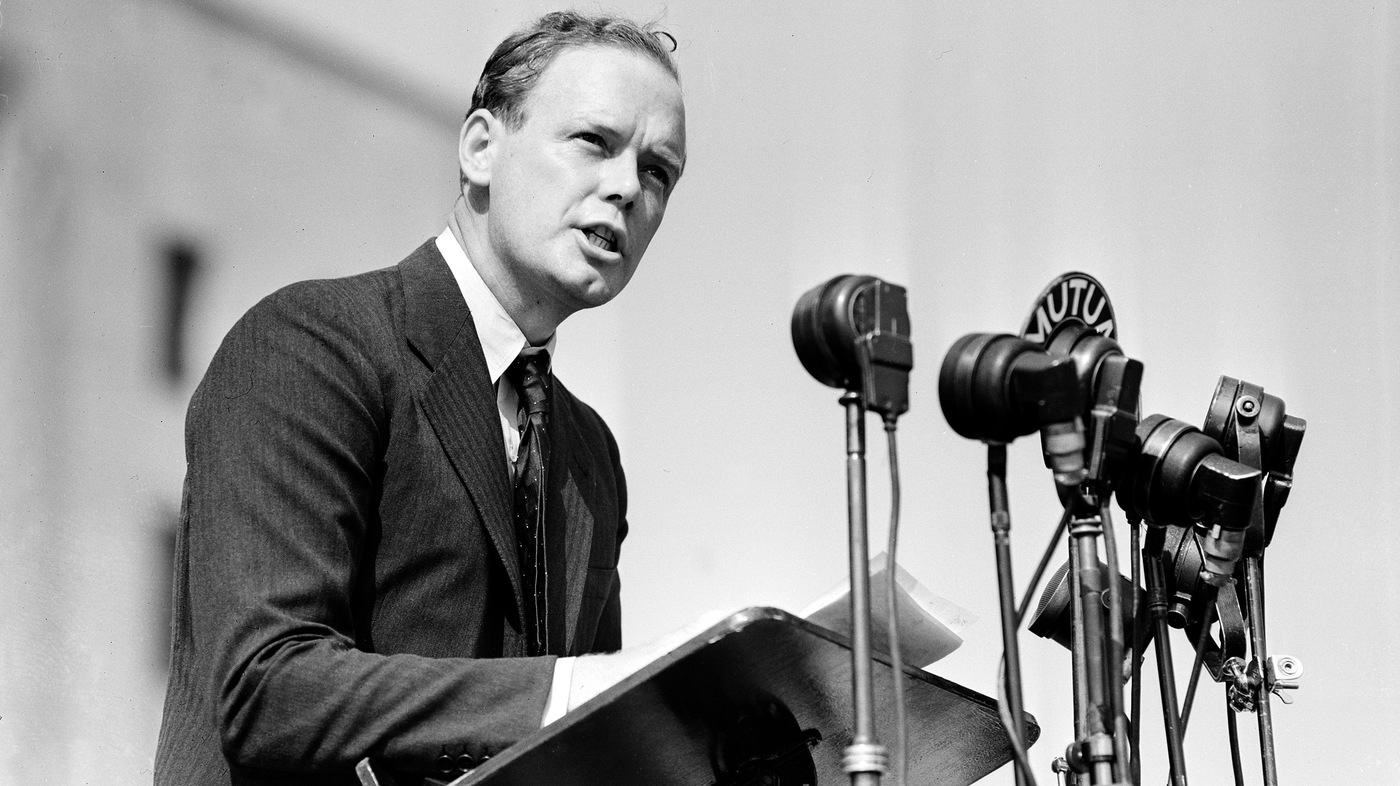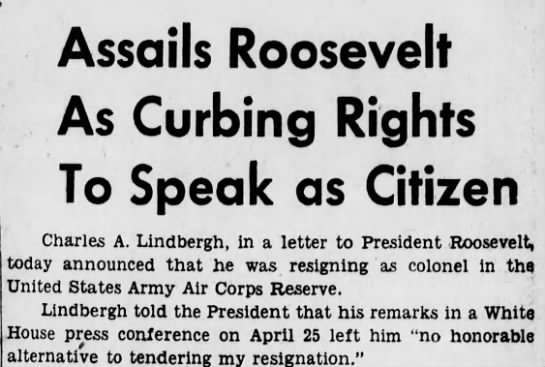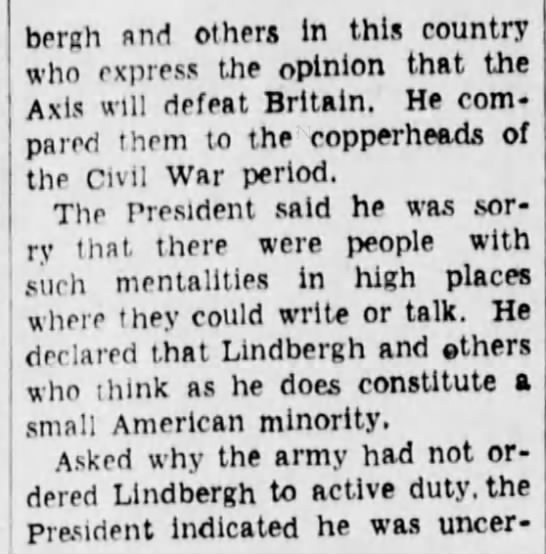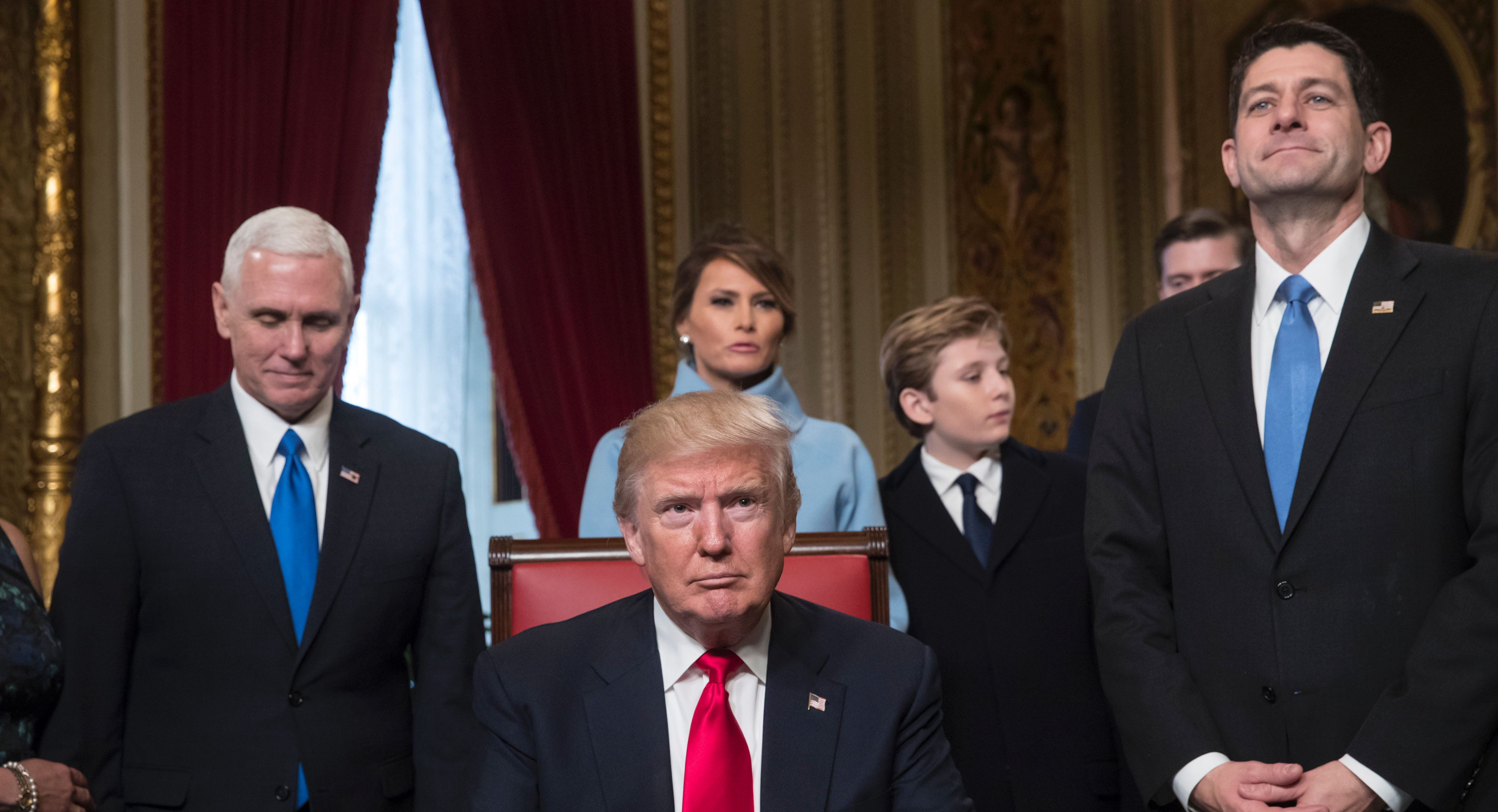Like Erick Erickson, Hugh Hewitt and other right-wing media figures, just-retired radio host Charlie Sykes says he’s aghast at the monster he helped piece together from abnormal parts.
These veteran political talkers heard the troubling sounds of Tea Party Birthers and racists and nihilists and closed their ears, believing the movement would retain its potency and eventually cast off the madness. So, they used their wattage-powered pulpits to destabilize traditional news media, to convince party faithful that no one with opinions other than their own was to be trusted. It worked, but the lunacy became ascendant and the GOP fell into Alex Jones conspiracy craziness and Breitbart bigotry, dragging all of America down into the gutter.
Even one of the Tea Party leaders Glenn Beck is now apologetic for his role, saying he’s had an epiphany. I wonder, though, if this nightmare passes with American democracy still intact, if post-truth won’t remain the default mode. If enough people desire to see the reality demolished, lies will find their voice. For some reason, the U.S. and other quarters of the long-stable West have turned against critical thinking.
That market will be served. Especially since Trump and tomorrow’s demagogues can undermine veracity in a direct and unfiltered way that even 1930s Fascists couldn’t envision. To peddle his propaganda, Mussolini grabbed control of the newspapers and built a sprawling film studio; all Trump needs to do is tweet 140 characters.
The new President’s latest bald-faced outrage–claiming the mainstream media doesn’t report on terrorist attacks–needn’t be even remotely true to be accepted by his supporters, some of whom will be convinced and others who’ll know he’s lying but won’t care. That’s the new normal.
Two excerpts follow from: 1) Sykes’ recent op-ed in the New York Times, which is now called a “fake-news” outlet by the President of the United States, and 2) Nick Cohen’s Guardian essay, which blames the masses more than the messengers.
From Sykes:
Mr. Kasparov grasps that the real threat is not merely that a large number of Americans have become accustomed to rejecting factual information, or even that they have become habituated to believing hoaxes. The real danger is that, inundated with “alternative facts,” many voters will simply shrug, asking, “What is truth?” — and not wait for an answer.
In that world, the leader becomes the only reliable source of truth; a familiar phenomenon in an authoritarian state, but a radical departure from the norms of a democratic society. The battle over truth is now central to our politics.
This may explain one of the more revealing moments from after the election, when one of Mr. Trump’s campaign surrogates, Scottie Nell Hughes, was asked to defend the clearly false statement by Mr. Trump that millions of votes had been cast illegally. She answered by explaining that everybody now had their own way of interpreting whether a fact was true or not.
“There’s no such thing, unfortunately, anymore as facts,” she declared. Among “a large part of the population” what Mr. Trump said was the truth.
“When he says that millions of people illegally voted,” she said, his supporters believe him — and “people believe they have facts to back that up.”•
From Cohen:
Compulsive liars shouldn’t frighten you. They can harm no one, if no one listens to them. Compulsive believers, on the other hand: they should terrify you. Believers are the liars’ enablers. Their votes give the demagogue his power. Their trust turns the charlatan into the president. Their credulity ensures that the propaganda of half-calculating and half-mad fanatics has the power to change the world.
How you see the believers determines how you fight them and seek to protect liberal society from its enemies. And I don’t just mean how you fight that object of liberal despair and conservative fantasies, the alternately despised and patronised white working class. Compulsive believers are not just rednecks. They include figures as elevated as the British prime minister and her cabinet. Before the EU referendum, a May administration would have responded to the hitherto unthinkable arrival of a US president who threatened Nato and indulged Putin by hugging Britain’s European allies close. But Brexit has thrown Britain’s European alliance into crisis. So English Conservative politicians must crush their doubts and believe with a desperate compulsion that the alleged “pragmatism” of Donald Trump will triumph over his undoubted extremism, a belief that to date has as much basis in fact as creationism.
Mainstream journalists are almost as credulous. After decades of imitating Jeremy Paxman and seizing on the trivial gaffes and small lies of largely harmless politicians, they are unable to cope with the fantastic lies of the new authoritarian movements. When confronted with men who lie so instinctively they believe their lies as they tell them, they can only insist on a fair hearing for the sake of “balance”. Their acceptance signals to the audience the unbelievable is worthy of belief.•















